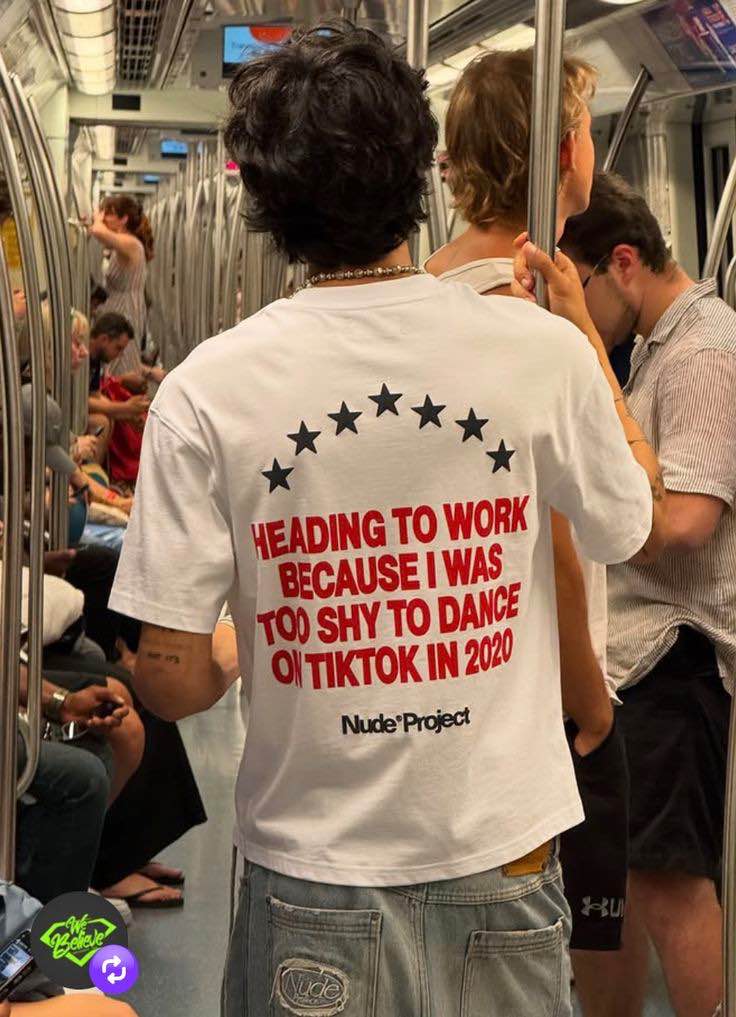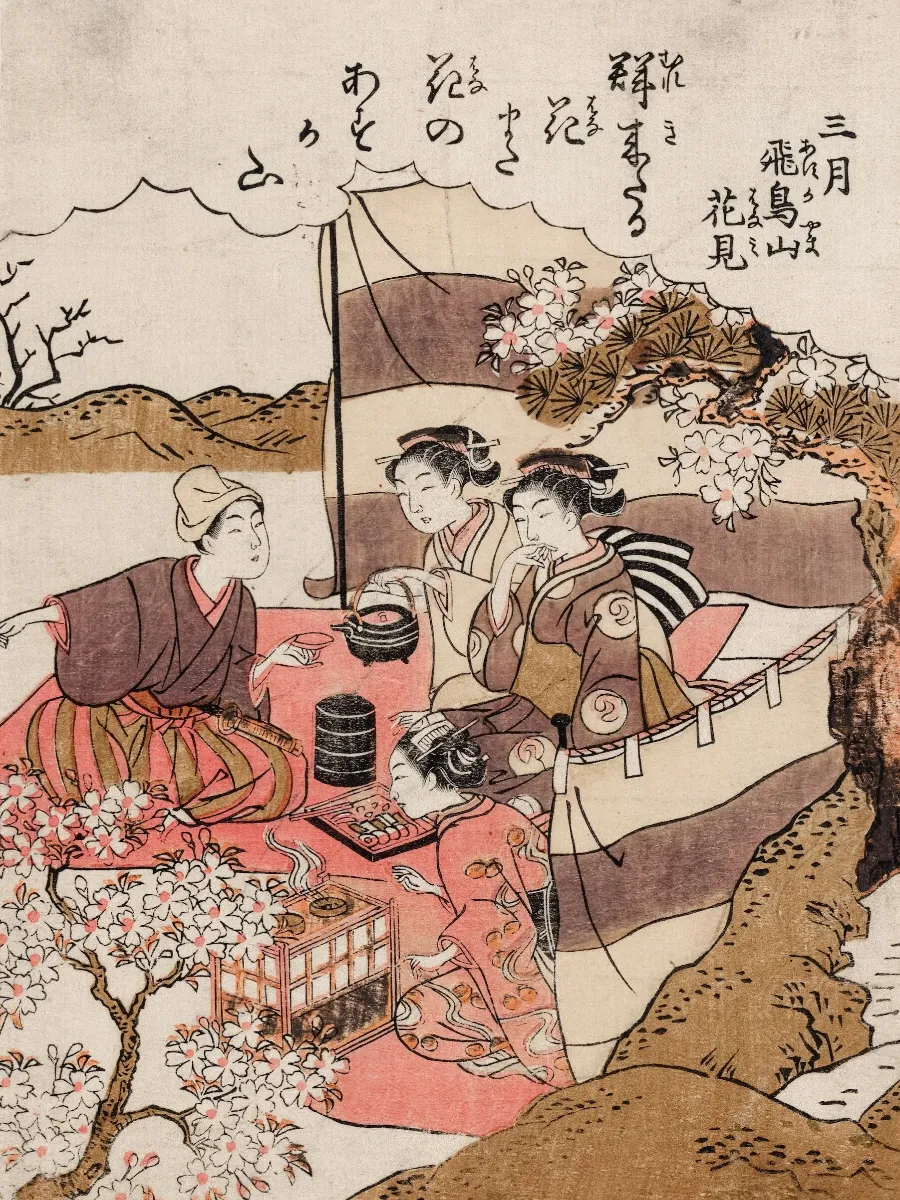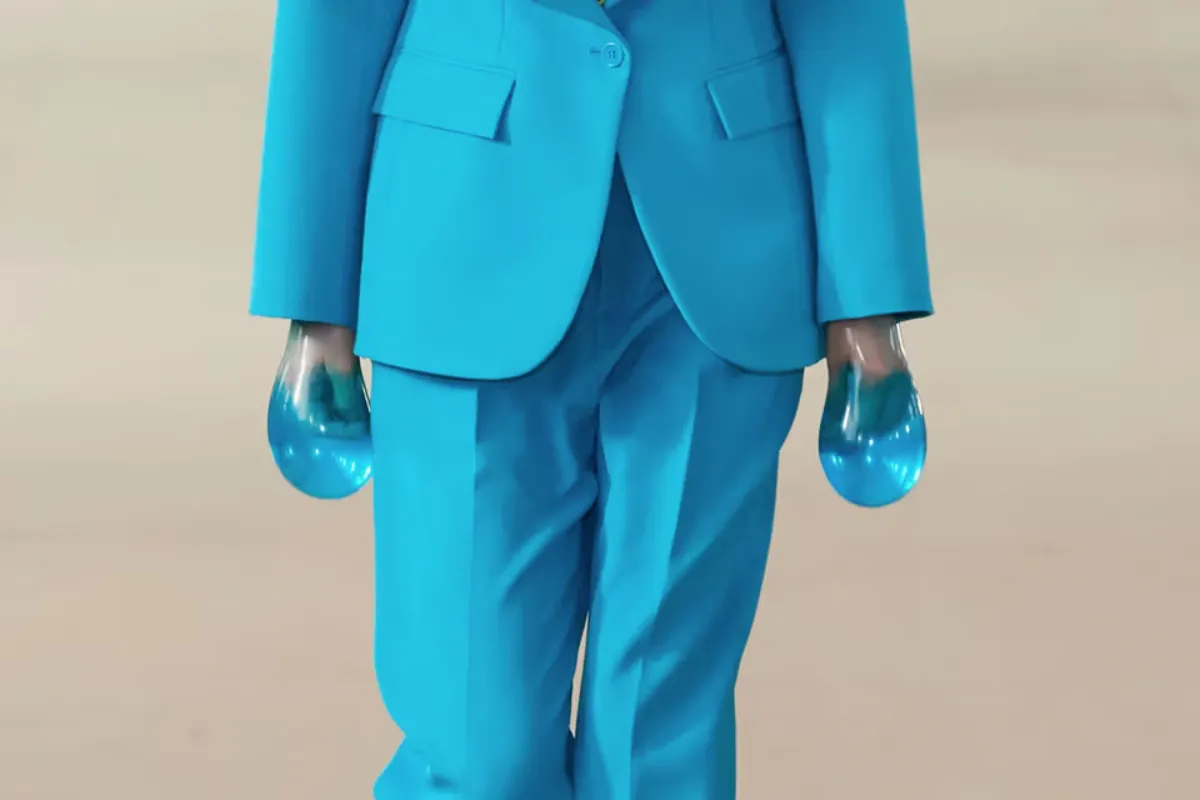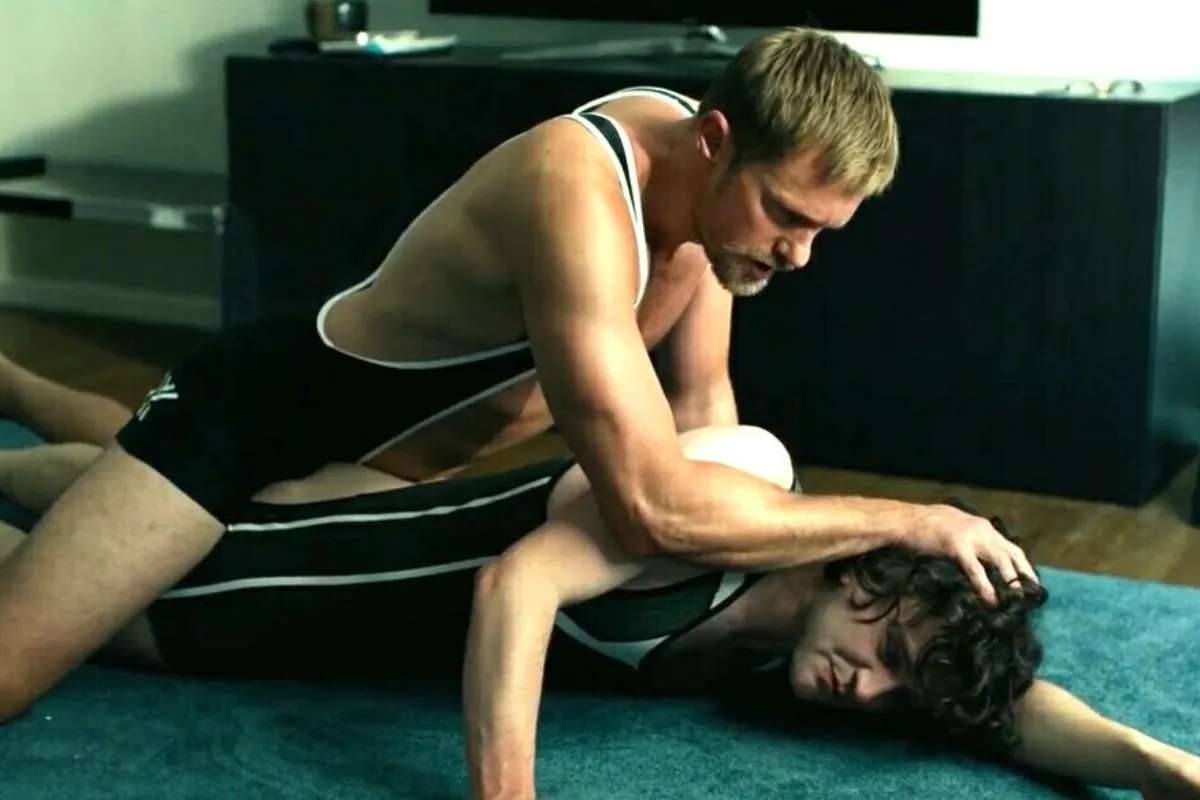
Angelo Moratti calls for a more human Capitalism: purpose is the new power
One year after leaving his family’s oil business, Angelo Moratti delivers a speech in Milan on how fame, ego, and tech hubris are eroding capitalism—an interview
Interview with Angelo Moratti, the purpose-driven capitalism at Tech.Emotion: “Storytelling, my dear”
One year after stepping down from his family’s former oil business, Saras, Angelo Moratti shows his new direction by holding a brow-raising speech at Tech.Emotion in Milan. The story talks about God-sent super-entrepreneurs failing to rise above the temptations of fame. How to save capitalism and infuse it with purpose, according to Moratti? “Storytelling, my dear.”
A parable of power and failure: The myth of God’s entrepreneurs
Once upon a time in heaven, God was having a conversation with his angels about the state of planet Earth. Albert, the relativity angel, suggested He send some intelligent souls – not only to empower human potential through technological progress, but to transform capitalist society into a more human, compassionate environment.
They founded and grew companies with inspirational names like Amazon, Meta, Tesla. They looked like nerds, and their ambition was not just focused on making money but on building a more connected, sustainable, and inclusive society. For a while, it worked. Their companies grew to become global giants, and they became more famous than rock stars and more revered than politicians. With fame came insecurity, so they started hiring trainers to pump up their bodies, replaced their wives with young and sexy lovers, and replaced their friends with people they paid. Power and fame are powerful aphrodisiacs, and they separate you from life. What was once a creative and disruptive energy from these glorious entrepreneurs became a controlling and defensive state of mind.
Angelo Moratti reflects on ego, irony, and the dangers of unchecked power. An interview with Angelo Moratti
Angelo Moratti: The premise of my story relates to today’s business environment, in which tech entrepreneurs have become the richest men in the world. I wanted to put that into perspective and make people realize that throughout history, whenever someone – including politicians – became too powerful and wealthy, success and fame eventually got to their head. Ego came in, and that led to dysfunction within the person, their family, and the environment around them.
I wanted to avoid what has become common in the media: attacking these humans by calling them names like “oligarch” or “technocrat.” That creates a confrontational environment. We need other ways to talk about what’s happening in the U.S. I wanted to make the story ironic, approachable, and understandable – even for kids.
I centered God in the story because He is at the basis of the new wave of nationalism in the U.S. The Bible Belt, which has voted heavily for Trump, relies on a strong belief that God is judging for them what’s right and wrong.
How storytelling softened Silicon Valley’s ego—and opened minds
Anna Roos van Wijngaarden: Your speech has reached tech entrepreneurs in Silicon Valley and beyond. What direct feedback have you received?
Angelo Moratti: When I sent my message to my contacts in SV, I knew it would be open to heavy criticism. Many told me, “You know what, you’re actually right.” They’re used to a more direct form of conflict. Storytelling softened the message and opened them up to talk about it.
Only those who jumped on Trump’s bandwagon haven’t responded. They’re probably angry. They’ve put me in the “enemy” category. I’ve learned that people in positions of power and success rarely change.
AR: When Angel Albert returns to God and admits failure, God says, “The experiment has only just begun.” Were you thinking of today’s shift away from neoliberal business-as-usual toward the purpose economy?
Angelo Moratti: Right now, if you speak to any investor in the financial sector, their priority is investing in defense stocks. We’ve gone from a time when arms and oil were seen as bad investments to a moment when they’re considered positive again.
That happened because the more ethical system the financial world was beginning to build ended up creating too many rules. Frustration with that, combined with political shifts, caused the pendulum to swing the other way. We need a new form of capitalism – one that empowers investors and entrepreneurs to work for a better planet, but with less bureaucracy.
AR: How can it be done?
Angelo Moratti: In 2010, Warren Buffett and Bill Gates launched the Giving Pledge. They committed to giving away nearly all of their fortunes to philanthropic causes. They traveled the world convincing other billionaires to give at least half their wealth. Around 200 entrepreneurs joined. That’s a way to reform capitalism – and it didn’t come from politicians. It came from entrepreneurs leading by example.
To me, the only way to reform capitalism is from within. When politicians try to regulate entrepreneurs, it triggers a defensive reaction. They start endorsing or even becoming presidents, just to stay in the game.
For the past five years, seeing the world shift, I’ve doubled down on mentoring young entrepreneurs building value-adding companies. I have a lot of faith in the next generation. The best ideas to reform capitalism are coming from 20- and 30-year-olds. They take pride not just in profit, but in delivering products that improve their environment. In July, I closed a deal with the small Italian bank Ifigest to create an innovation hub. We’ll invest meaningfully in the best young entrepreneurs around the world.
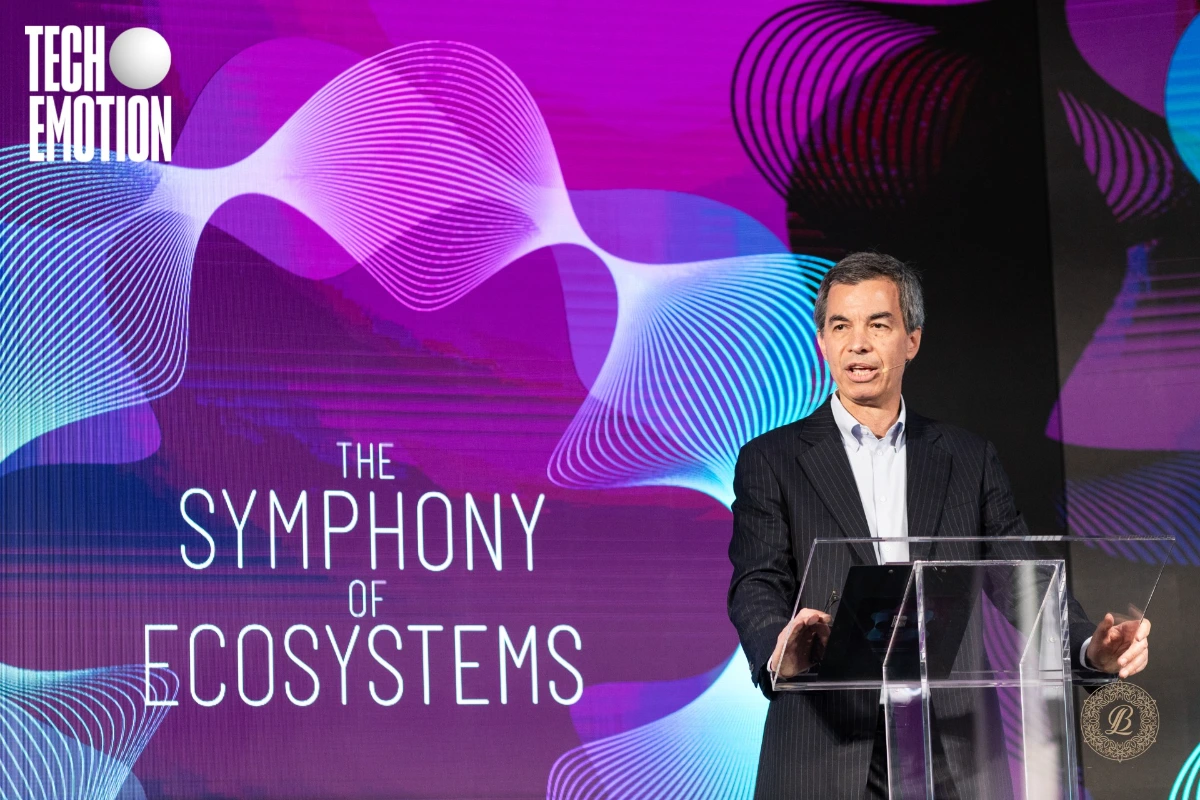
AR: Within the portfolio of Angel Capital Management, the private investment firm you founded, are many lifestyle brands. Is there purpose in all of them?
Angelo Moratti: I grew up in Milan in the ’70s, during what was almost a civil war. The country was in a terrible state. In those years, a bunch of incredibly talented entrepreneurs began building what would become the Italian fashion industry. My mother worked for Vogue, so we’d have the original founders over for lunch: Bottega Veneta, Giorgio Armani and his partner Sergio Galeotti, Gianni Versace, Krizia, and Elio Fiorucci (who was regarded as the cleverest one – a real genius). I was just a kid, but I saw them build global companies through creativity and courage, with no financial help. I’m still trying to replicate that spirit. One example is Velasca – a brand that reminds me of Ralph Lauren in its early days.
I believe food will become what fashion was in the ’70s and ’80s. Led by companies like De Santis, which makes the best panini in the world, and Miscusi, which makes pasta for students. In the ’80s, wearing Armani meant much more than the well-made tie and jacket it was – it meant you’d made it. Now, it’s finding that tiny panini place in Milan and eating the best panino in the world. Once again, you’ve made it – because you were smart enough to recognize the experience.
AR: How did that glorious feeling shift from fashion to food?
Angelo Moratti: Fashion has become too much of everything. What was once a creative sector led by entrepreneurs is now a mature, industrial, boring system that runs on algorithms designed to figure out how to hit social media in the best way. It doesn’t interest me anymore.
Back in the ’80s, if you wanted to impress somebody, you would dress in a certain way. Now, you invite them home and have a special meal cooked by a chef, paired with an incredible bottle of wine – of which you know its 30-year-old history.
There are different kinds of purpose. Not every company needs to solve the climate crisis. I have invested heavily in green energy, but if you invest in a company like Miscusi, that serves pasta to students, where they can sing karaoke and have a great night without going broke – that’s a purpose too.
For the younger generation, one example of a purpose company is Patagonia. It hasn’t solved the energy crisis, but it stands for something positive and meaningful. The product is genuinely better – and part of their role is educating customers about how it’s made. Through storytelling, a business can show the purpose behind its product.
AR: Then what is the opposite of purpose?
Angelo Moratti: I’ll give you one name: Shein. S-H-E-I-N. That company is destroying capitalism by exploiting cheap labor in China, dumping low-quality products in the U.S., avoiding taxes, and thereby breaking apart every lifestyle company the country has left.
AR: Last year, you sold all your shares in Saras. You’re no longer VP of your family’s oil business.
Angelo Moratti: I’m proud to have been part of Saras. That said, it feels different. When you work with family, decision-making becomes emotionally complex. You must consider both the rational and the emotional. You have to be twice as careful. It’s easier when you’re on your own.
AR: What’s next for Angelo Moratti?
Angelo Moratti: In the next 20 years, I’ll focus on building great brands in consumer goods, such as Hailey Bieber’s beauty brand, Rhode. That was my unicorn – it sold for over a billion to another major company, Elf.
AR: Where’s the purpose in selling lipstick?
Angelo Moratti: The product appealed to young people, the management was exciting, and of course, the person behind it was a powerful marketing force.
AR: People usually expect some level of sustainability when you mention purpose.
Angelo Moratti: Every entrepreneur should aim to build a sustainable business, and that’s what I usually invest in. not every company has to dramatically change the planet. Indeed, there’s no direct purpose in lipstick. You use it to make yourself more beautiful. If it carries a positive message, it can still belong to this new economic era.
It’s good to focus on sustainability, but if that’s all you focus on, you don’t build a great brand. What brings the message to life is the strength of the brand.
Take Allbirds – a very sustainable shoe brand I invested in. They’ve struggled because they focused too much on purpose and not enough on what their customers actually want. Their storytelling wasn’t strong enough, and their valuation dropped from $4 billion to $60 million. I’m curious and excited to help a company like that find its purpose and make a comeback, which I believe they can.
AR: What about the big tech companies in your story? Can they adjust their storytelling to rejoin the purpose economy?
Angelo Moratti: It’s unlikely that they will. A dysfunctional company like Fox, which produces lie after lie, makes one billion in cash flow. Do they have the willingness to change? Of course not. Anyone who makes that much money is very hard to change.
AR: In your speech, you said ownership, fame, and power are temporary fictions. With your legacy and position, have you felt their pull?
Angelo Moratti: We’ve seen the story play out all over the world. You make money – then you start destroying your family by chasing younger women who make you feel young again. The more you have, the more you want. It never ends. Eventually it becomes a quest not just for wealth, but for status – the biggest boat, the fastest car, the most attention. It’s very childish.
I’ve seen people around me change with fame and honestly, it’s pathetic. I was raised never to lose my head. When my father was at the height of his power, he spent the last 30 years of his life focused entirely on philanthropy.
AR: What’s the antidote to fatal fame?
Angelo Moratti: Conviction and discipline. You must remind yourself every morning that power is a transitory fiction. It’s hard to live among successful people surrounded by people who adore them. It’s an attractive lifestyle. You want to be like him. With discipline, you can say: No – I don’t want to be him.
Anna Roos van Wijngaarden
Below the full text of Angelo Maratti’s speech at Tech Emotions in Milano, May 2025.
Storytelling is not just essential for children to grow, it is vital for humanity to evolve.
Once upon a time in heaven, God was having a conversation with a few angels about the state of a distant planet called earth. The general idea was to send a stronger dose of empathy and technological discoveries to its highly unenvolved species, so one of the angels, Albert relativity angel, came up with the plan of sending a few souls who were equipped with extraordinary intelligence. Their mission was not only to empower human potential by bringing technological progress, but to transform capitalistic society into a more human and compassionate environment.
God gave Angel Albert full responsibility and the experiment started with some good premises. Most of these souls, once human, gravitated to a valley north of SF with constructive and positive entrepreneurial spirit. They founded and grew companies with inspirational names like Amazon, Meta, Tesla, Palantir, Robin Hood and the Social Capital. They looked like nerds and their ambition was not just focused on making money but on building a more connected, sustainable and inclusive society.
For a while It worked, their companies grew to become global giants and they became more famous than rock stars and more revered than politicians. But with fame came insecurity, so they started hiring trainers to pump up their bodies, replaced their wifes with young and sexy lovers and replaced their friends with people that they paid. Power and fame are a powerful aphrodisiac and they separate you from life. What was once a creative and disruptive energy from these glorious entrepreneurs, became a controling and defensive state of mind.
They desperately needed to defend their status so they came to the conclusion that the best way to do it was to gain access to the ability of deciding and writing the rules of the game. After a carefully mastered plan, with the help of the money people from the other side of the coast and after having backed a popular voice as their president who had become an avatar for people’s anger, they challenged a government that had grown old, weak and disconnected from its people.
So their journey of control and accumulation began, not by influencing the government but by becoming the government. The objetive was achieved with a clear victory, but they lost control of a President who realised that in order to pursue his revengful agenda, he did not need them anymore on his side. The result was a growing loss of confidence and trust in society. With all this uncertenty, democracy and capitalism had no chance of survival. Their legacy became the destruction of the system that had made them successful.
The Angel Albert returned to heaven imbarassed with a sense of guilt for the perceived failure of the experiment, he consulted with a new business angel called Steve to present a report to god which ended with the belief that since planet earth was in a free will zone, the fate of humanity relied upon his moral judgement which was constantly drowned by short term thinking.
God listened carefully to the report and replied that the experiment to him had only just begun. He explained to Albert and Steve that when you observe life on planet earth from above, you realize we are all made of stardust, time is a function of perspective and evolution is not a straight line. Ownership, fame and power are temporary fictions and evil is the lack of understanding that we are all one. Humankind should take responsibility, find new and younger voices and evolve through a peaceful and resilient revolution. A revolution that doesn’t take sides, a revolution that unites.
The message to spread was that capitalism can only survive when competition is perfecty balanced with collaboration, politicians should decide and write the rules based on the will and needs of the people and rely more on wisdom than dogma, and no single religious tradition should monopolise the truth because enlightment starts within the individual.
The angels were so impressed, Steve raised his hand and asked him, my Lord, how can i trasfer in the most effective way these teachings? God smiled, paused for a few seconds and answered: storytelling my dear! And one last thing, make sure that Apple starts releasing disruptive products before i am forced to send you to planet earth again!


